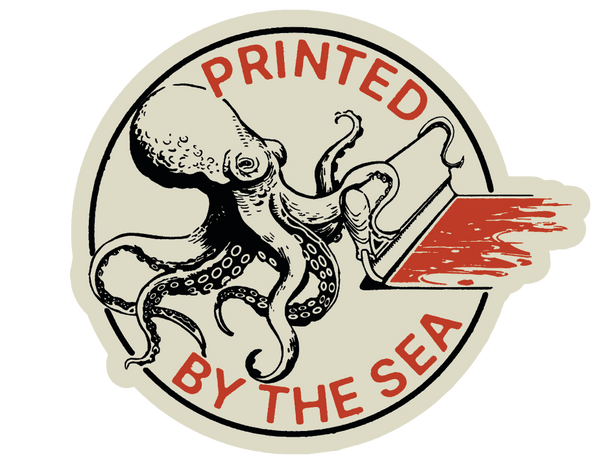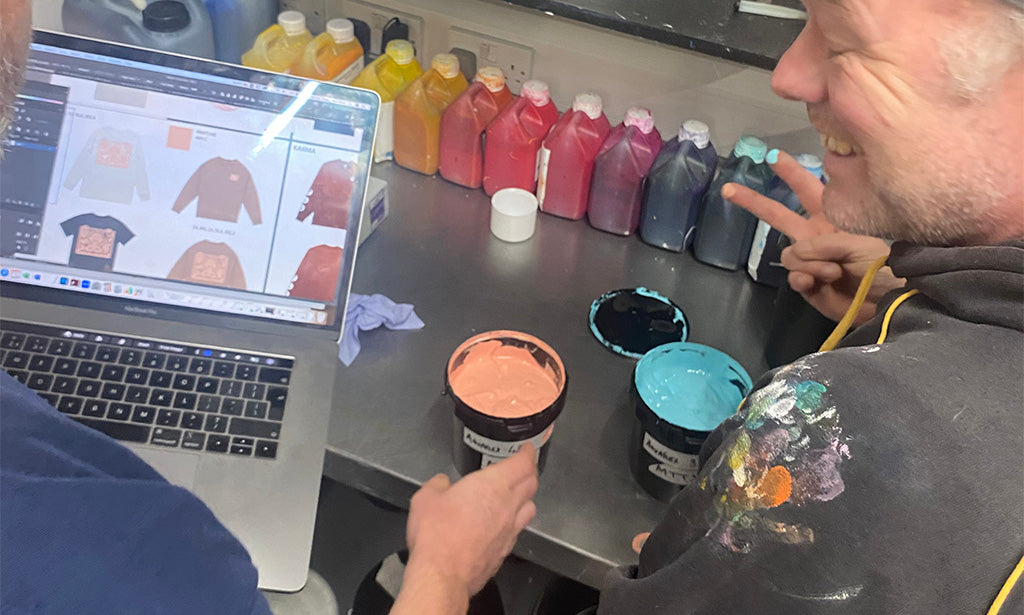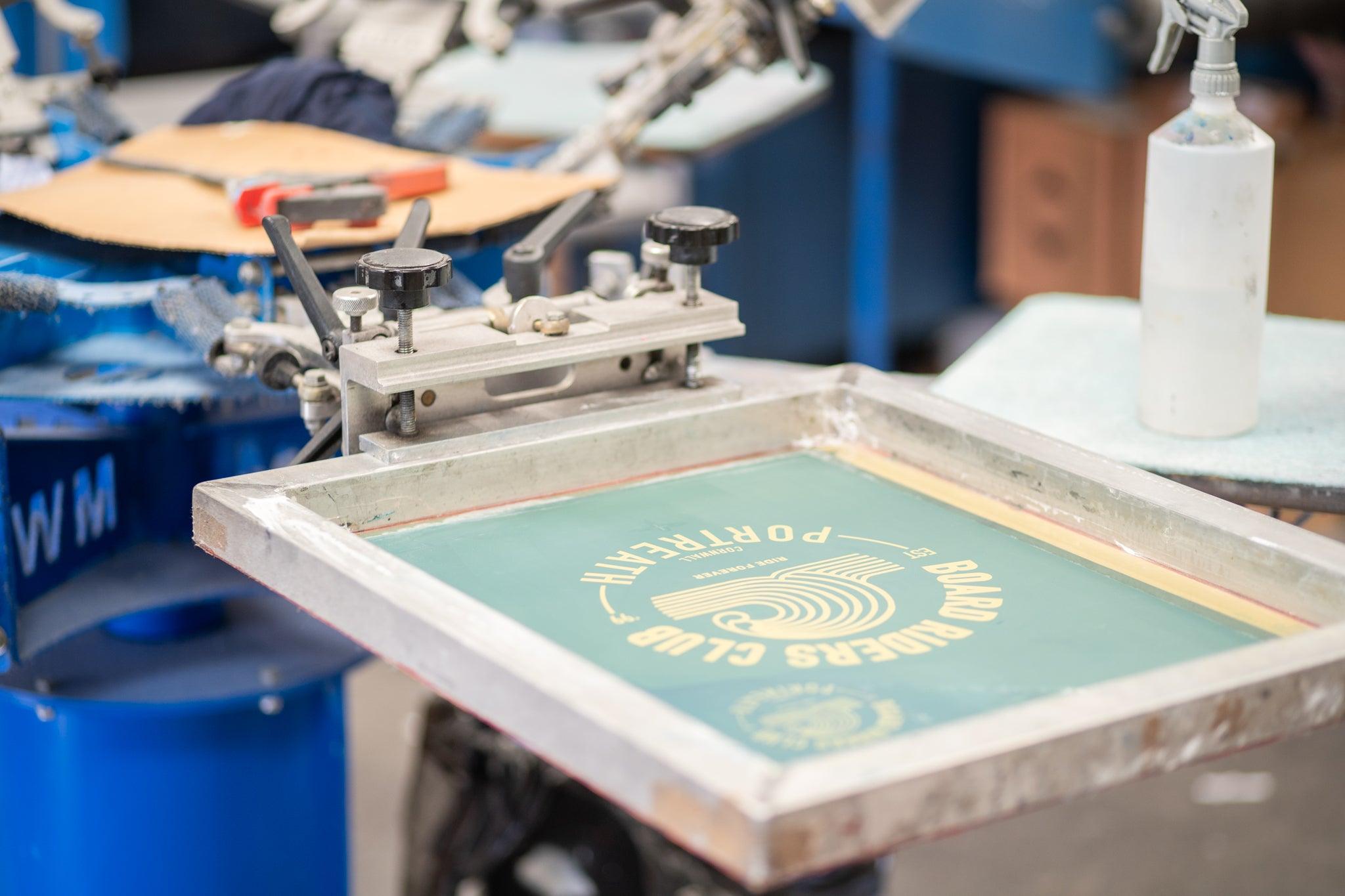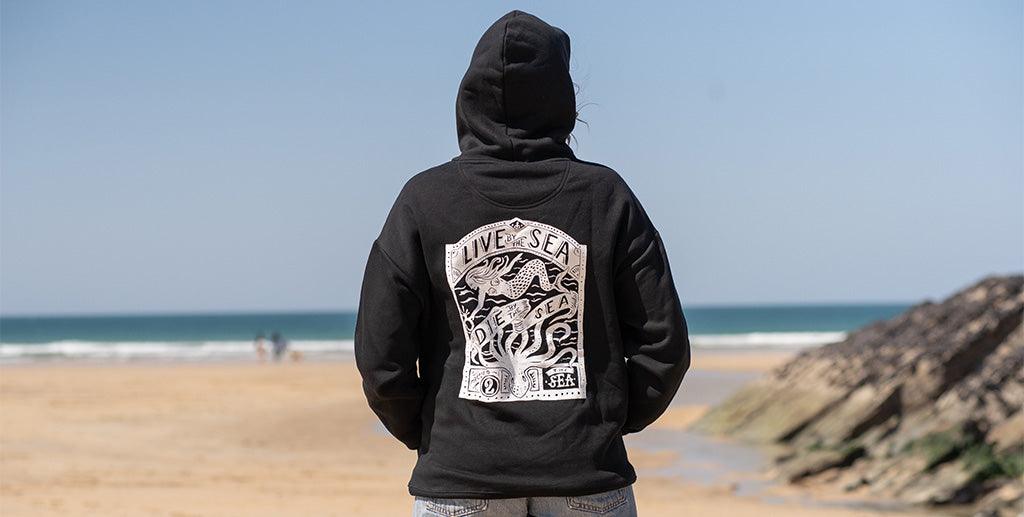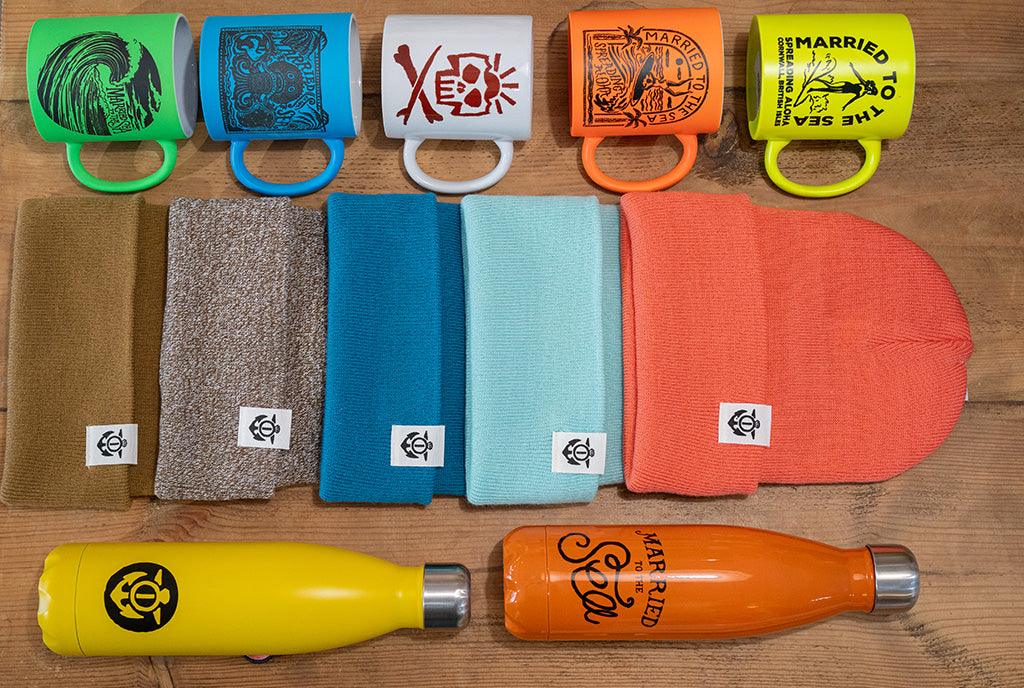Navigating Your Brand Through the World of Eco-Friendly Apparel Printing
In today's environmentally conscious market, businesses are increasingly seeking ways to reduce their carbon footprint and appeal to eco-aware consumers. This shift has sparked a significant interest in eco-friendly apparel printing, particularly in the realms of screen printing t-shirts, hoodies, and other branded merchandise. As consumers become more informed about the environmental impact of their purchases, brands that prioritize sustainability in their apparel lines are gaining a competitive edge. This comprehensive guide will navigate you through the essentials of eco-friendly apparel printing, from selecting the right base materials to marketing your sustainable brand effectively.
Starting with the Right Base: The Importance of Eco-Friendly Blanks
The journey towards sustainable apparel begins with the foundation—choosing the right eco-friendly blanks. Organic cotton, bamboo fabrics, and recycled materials are at the forefront of this movement. Organic cotton, for instance, is grown without harmful pesticides or synthetic fertilizers, making it a healthier choice for the planet. Bamboo fabric is another excellent option due to its natural growth patterns that require no chemical assistance. Moreover, opting for recycled materials not only reduces waste but also conserves energy and natural resources. When selecting blanks for screen printing t-shirts or hoodies, ensure they are sourced from suppliers who prioritize these eco-friendly practices. This not only enhances the sustainability of your products but also aligns with the growing consumer demand for environmentally responsible apparel.

Customization Options: Eco-Friendly Inks and Materials
The customization of apparel, a key aspect of branded merchandise, has also seen a green revolution. Water-based inks are becoming increasingly popular in screen printing due to their low environmental impact. Unlike traditional plastisol inks, which contain PVC and phthalates, water-based inks are solvent-free and emit fewer volatile organic compounds (VOCs), making them a healthier choice for both the planet and the print shop workers. Additionally, sustainable embroidery materials, including organic thread, offer an eco-friendly alternative for embellishing apparel. These materials not only reduce the environmental footprint of your merchandise but also cater to the growing consumer preference for sustainability.
Supplier Selection: Partnering with Eco-Conscious Suppliers
Choosing suppliers and partners who share a commitment to sustainability and ethical practices is crucial. This involves thorough research to ensure that potential partners adhere to eco-friendly practices throughout their production processes. Look for suppliers who use renewable energy sources, practice waste reduction, and have fair labor practices in place. Moreover, certifications such as the Global Organic Textile Standard (GOTS) or OEKO-TEX® can serve as indicators of a supplier's commitment to environmental and social responsibility. Partnering with the right suppliers not only ensures the eco-friendliness of your apparel but also strengthens your brand's reputation for sustainability.
Certifications and Standards: Ensuring Environmental Goals are Met
Understanding and adhering to relevant eco-certifications and standards is essential for businesses aiming to meet environmental goals. Certifications like GOTS, Fair Trade, and the Blue Sign standard are pivotal in the apparel industry, signifying adherence to stringent environmental and social criteria. These certifications can guide you in selecting materials and processes that align with your sustainability objectives. Additionally, they serve as a powerful marketing tool, providing your customers with the assurance that your products meet high environmental and ethical standards.
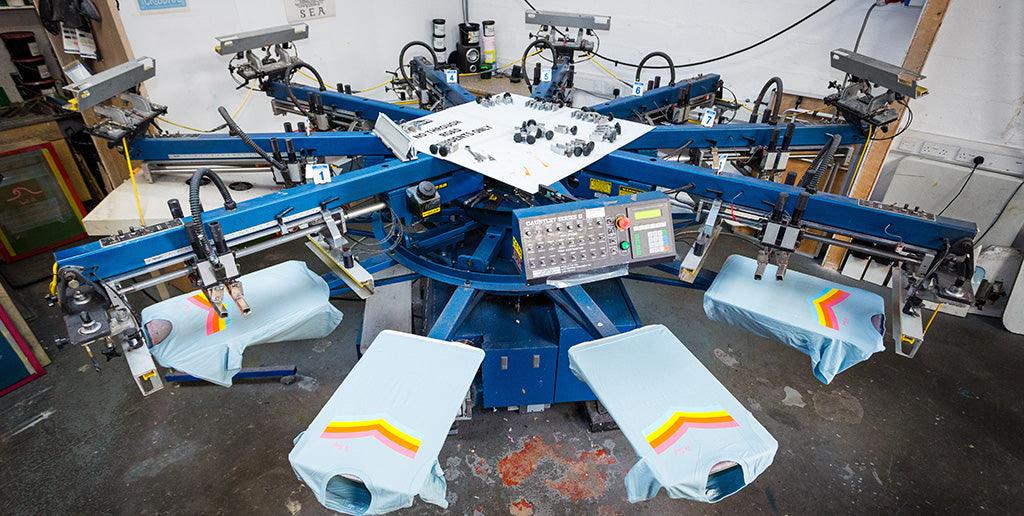
Marketing Your Eco-Friendly Line: Communicating Your Sustainable Initiatives
Effectively marketing your eco-friendly apparel line is crucial in resonating with environmentally conscious consumers. Transparency about your sustainable practices, from the sourcing of eco-friendly blanks to the use of water-based inks and sustainable embroidery materials, can significantly enhance your brand's appeal. Highlighting your partnerships with eco-conscious suppliers and showcasing your products' eco-certifications in your marketing materials can further build trust with your target audience. Social media platforms, blogs, and eco-focused marketing campaigns are excellent channels for sharing your sustainability story. Engage your audience with behind-the-scenes looks at your production process, share testimonials from satisfied customers, and highlight the positive environmental impact of their purchases.
In conclusion, navigating your brand through the world of eco-friendly apparel printing involves a comprehensive approach, from selecting sustainable materials and customization options to choosing the right suppliers and effectively marketing your eco-friendly initiatives. By prioritizing eco-friendly practices in screen printing t-shirts, hoodies, and other branded merchandise, you not only contribute to the well-being of the planet but also meet the growing consumer demand for sustainable apparel. The journey towards sustainability is an ongoing process, and embracing these practices can set your brand apart in the competitive apparel industry, building a loyal customer base that values environmental responsibility as much as you do.
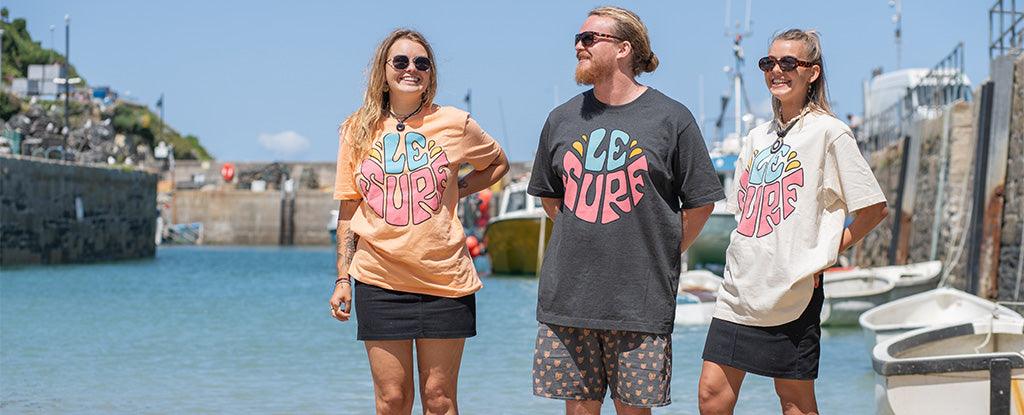
FAQ's
Organic cotton is grown without the use of harmful pesticides or synthetic fertilizers, making it a more sustainable and healthier choice for the environment. This method reduces water pollution and preserves soil health, aligning with eco-conscious consumer values.
Water-based inks are solvent-free and emit fewer volatile organic compounds (VOCs) compared to traditional plastisol inks. This makes them a healthier choice for both the planet and the people working in printing facilities, reducing environmental and health impacts.
Look for suppliers who have certifications such as the Global Organic Textile Standard (GOTS) or OEKO-TEX®, which indicate adherence to strict environmental and social criteria. Researching suppliers' practices regarding renewable energy, waste reduction, and fair labor can also provide insights into their commitment to sustainability.
Eco-certifications like GOTS, Fair Trade, and Blue Sign standards signify adherence to stringent environmental and social criteria, guiding businesses in selecting sustainable materials and processes. These certifications serve as a marketing tool, assuring customers of the high environmental and ethical standards of your products.
Transparency about your sustainable practices, from sourcing to production, enhances brand appeal. Utilize social media, blogs, and eco-focused campaigns to share your sustainability story. Highlight partnerships, certifications, and the positive environmental impact of purchases to build trust with your audience.
